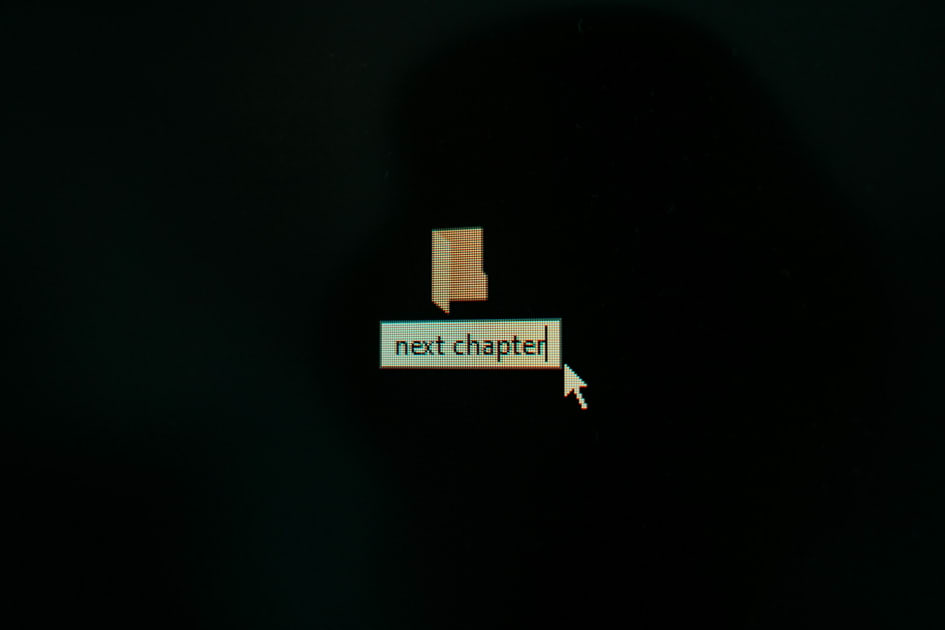A few days ago, a new Zero-Day vulnerability identified as CVE-2025-6218 affecting WinRAR was patched by the developers following its discovery. However, just yesterday, a fresh Zero-Day exploit targeting WinRAR appeared for sale on a Dark Web forum, with a price tag of $80,000.
What Is This Zero-Day About?
This newly surfaced exploit claims to be effective on all versions of WinRAR, including the latest release. According to the seller, the vulnerability allows attackers to:
Gain full control over the victim’s system
Steal sensitive data
Deploy malware remotely
This means that even users running the most updated versions of WinRAR could be at risk if they unknowingly download or open a malicious archive.
Understanding Zero-Day Exploits
A Zero-Day attack refers to a previously unknown vulnerability that hackers exploit before developers have a chance to patch it. These exploits are particularly dangerous because:
Very few people, including security professionals, know about them
They can compromise systems silently without requiring user interaction beyond opening the affected file
They can cause severe damage including data theft, system takeover, or malware installation
In this case, the exploit reportedly can trigger even without the user explicitly opening the archive, increasing its severity.

What Can You Do to Protect Yourself?
Stay Updated:
Regularly monitor official WinRAR channels for any security patches or updates related to this vulnerability.Avoid Untrusted Sources:
Do not download WinRAR or any software from unofficial or unclear sources.Use Antivirus Software:
Employ reliable antivirus and anti-malware tools that can help detect and block malicious activity.Exercise Caution with Archives:
Be cautious when opening compressed files, especially from unknown senders or suspicious websites.
Zero-Day vulnerabilities like this highlight the importance of cybersecurity vigilance. While patches are issued promptly, attackers often trade and exploit unknown vulnerabilities rapidly.
Stay informed, keep your software up to date, and always exercise caution when handling files from external sources.






